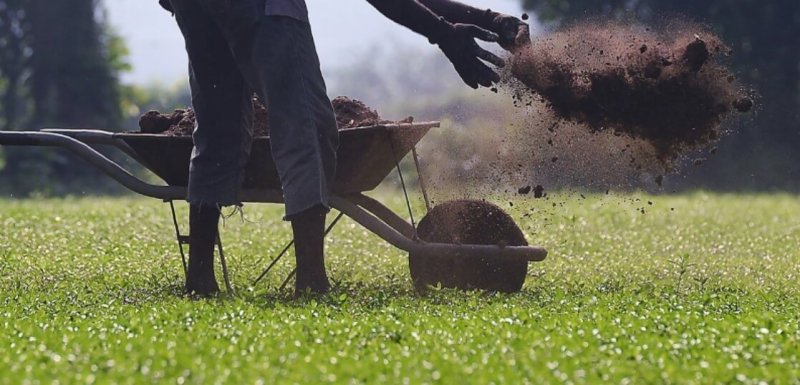Hannah Ellis-Petersen | Guardian | April 26, 2022


This article or excerpt is included in the GLP’s daily curated selection of ideologically diverse news, opinion and analysis of biotechnology innovation. It is posted under Fair Use guidelines.
There is barely a citizen of [Sri Lanka] who hasn’t felt the bite of catastrophic inflation and fuel, food and medicine shortages in recent weeks.
The full implications of the ill-advised policy – which has now been reversed – are only just being realised. Farmers say their livelihoods are under threat and for the first time in its modern history, Sri Lanka, which usually grows rice and vegetables in abundance, could run out of food as harvests drop and the government can no longer afford the food imports the country has become overdependent on in recent years.
For the farmers of Sri Lanka, their problems began in April last year when President Gotabaya Rajapaksa, who now stands accused of pushing the country into financial ruin, implemented a sudden ban on chemical fertilisers.
“There was no proper plan, no training or education, so it’s clear to the farmers there was an ulterior [motive] here,” said Vimukthi de Silva, an organic farmer in Rajanganaya.
“Prior to this policy, the government had unsuccessfully tried to commercialise farm land, which is the biggest commercial asset the country has. So many of us think this was another way to try and get farmers to leave their land, or to weaken the farmers’ position and enable a land grab.”
…
Follow the latest news and policy debates on agricultural biotech and biomedicine? Subscribe to our newsletter.
Several farmers told the Guardian that last season they barely sold any of the rice or vegetables they cultivated, instead keeping it just for their own consumption to ensure the family wouldn’t go starving. It was a decision that led to a drop in the amount that went to the markets to feed the rest of the country, further driving up prices […]